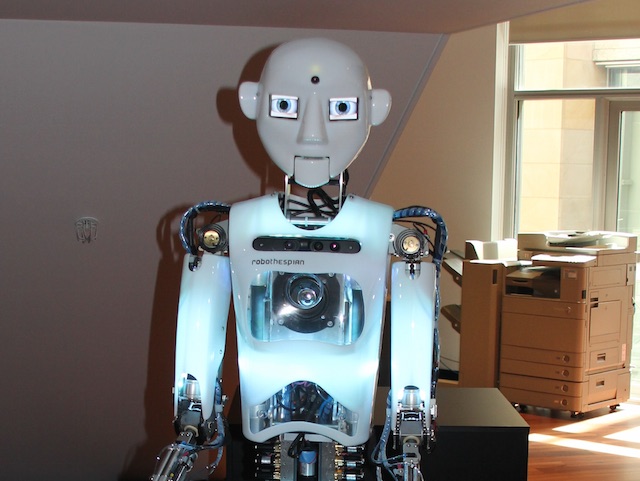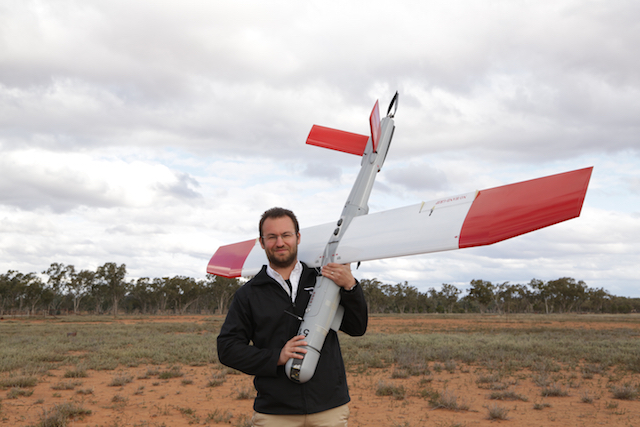Nearly half of Japan’s jobs could be done by computers, robots or artificial intelligence in the near future, says the Nomura Research Institute.
In working with Oxford University’s Martin Program on Technology and Employment, the Nomura Research Institute examined 601 job classifications that currently employ 42.8 million Japanese.
Using the Oxford University methodology, the Japanese researchers estimated more than two thirds of the roles could be automated with nearly half of all Japanese workers being potentially replaced by computers.
Previously the Martin program has estimated 47 per cent of the United States’ workforce and just over a third of Britain’s are vulnerable to similar changes. Anyone who’s visited or lived in Japan wouldn’t be surprised at the relatively high level of vulnerability given the degree of manual jobs still being done in Japanese society that were long ago lost in the rest of the western world.
For Japan, replacing workers with robots isn’t a bad option given the population is aging force and the nation is at best reluctant to import immigrants to address skills shortages. It’s not surprising the country is probably the most advanced at deploying robots in workplaces.
How this will work for an aging Japan that has to support an increasingly older population will be fascinating to see. For other western countries – or even China – facing similar pressures, the Japanese will be providing important lessons.



